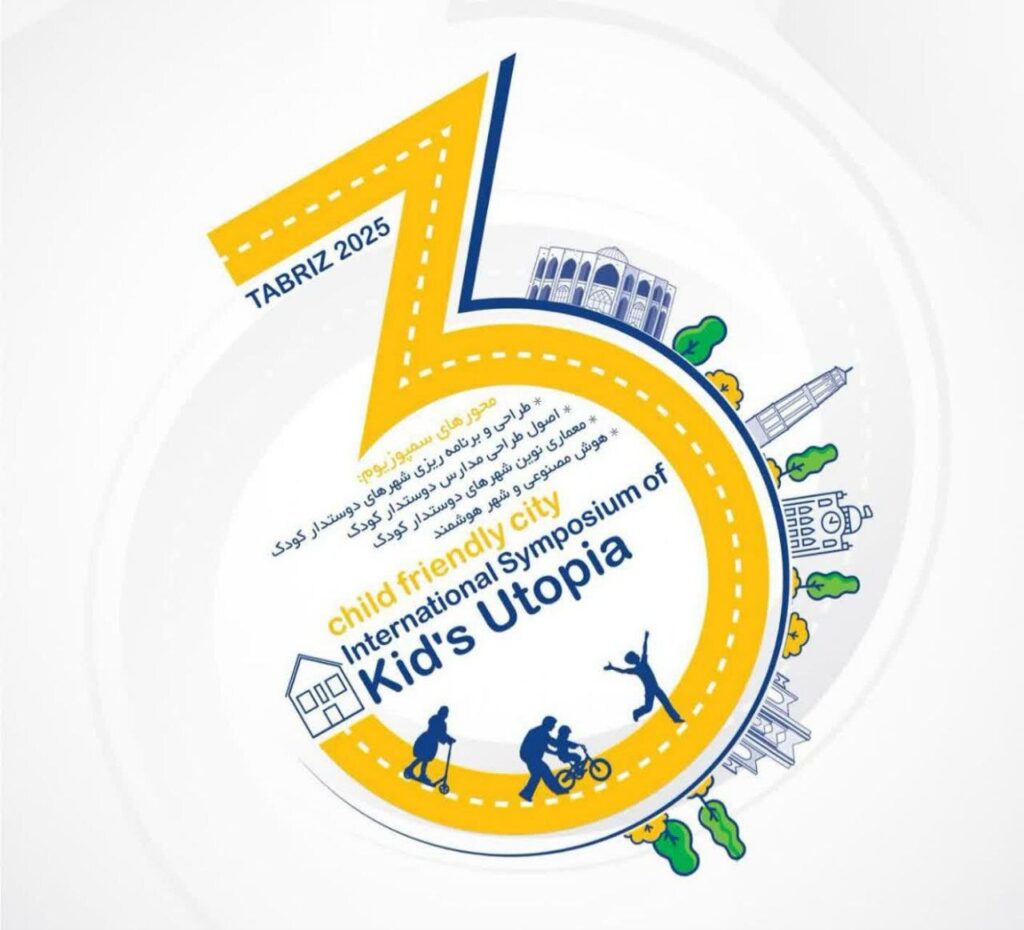Tehran – The international symposium entitled “Kids Utopia” is scheduled to be held from May 14th to 15th in Tabriz, the capital of East Azarbaijan.
The symposium focuses on city design and construction for children, child-friendly school design, modern urban architecture for children, artificial intelligence (AI), and smart cities.
The initiative will promote the realization of child rights at the local level through unique networks of local governments, civil society organisations, the private sector, academia, the media and children’s own personal networks.
The event also aims to develop science and technology knowledge, review and evaluate research projects, develop the capabilities of child-friendly urban projects, and create opportunities for private sector investment.
The symposium also serves as a platform to enhance interactions between experts, policymakers, urban managers, architects, urban planners, students and professors.
Addressing children’s needs and participation in urban planning will not only improve the quality of life for children, but will also create safer, more sustainable and inclusive cities for all citizens.
Developing events at the national and international level will take an effective step towards improving the quality of life for children and creating better cities for the future.
Child-friendly cities
All children feel safe and secure, have the right to grow up in an environment with access to basic services and clean air and water, can play, learn and grow, hear their voices and have problems.
Child-friendly cities aim to create equal opportunities for all children. This requires identifying the most marginalized and vulnerable children, the barriers to inclusion they face, and the removal of these barriers.
Building a child-friendly city requires clear identification of who is responsible and accountable for each aspect of implementation. Transparency requires clarity and openness in the decision-making process.
A system should be in place to promote public participation in decision-making to promote local accountability for child rights. The government also requires that all appropriate legislative, administrative and other measures be taken to implement the rights of children within the framework of international cooperation as needed to implement the rights of children to the fullest extent of available resources. This process addresses the needs of affected children and families.
Building a child-friendly city requires a flexible management approach to predict and respond to changing circumstances and become sustainable over time.
mt/mg

